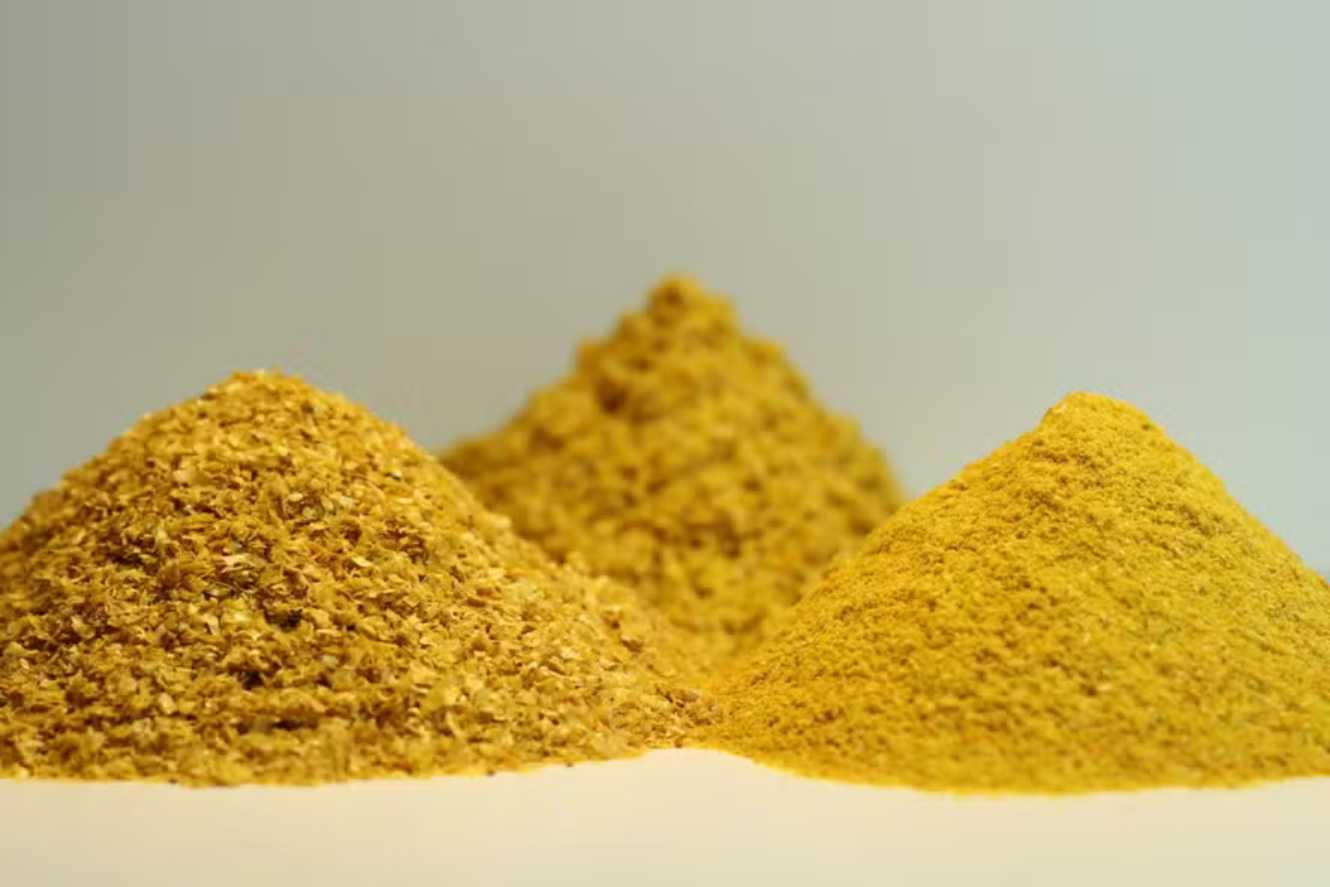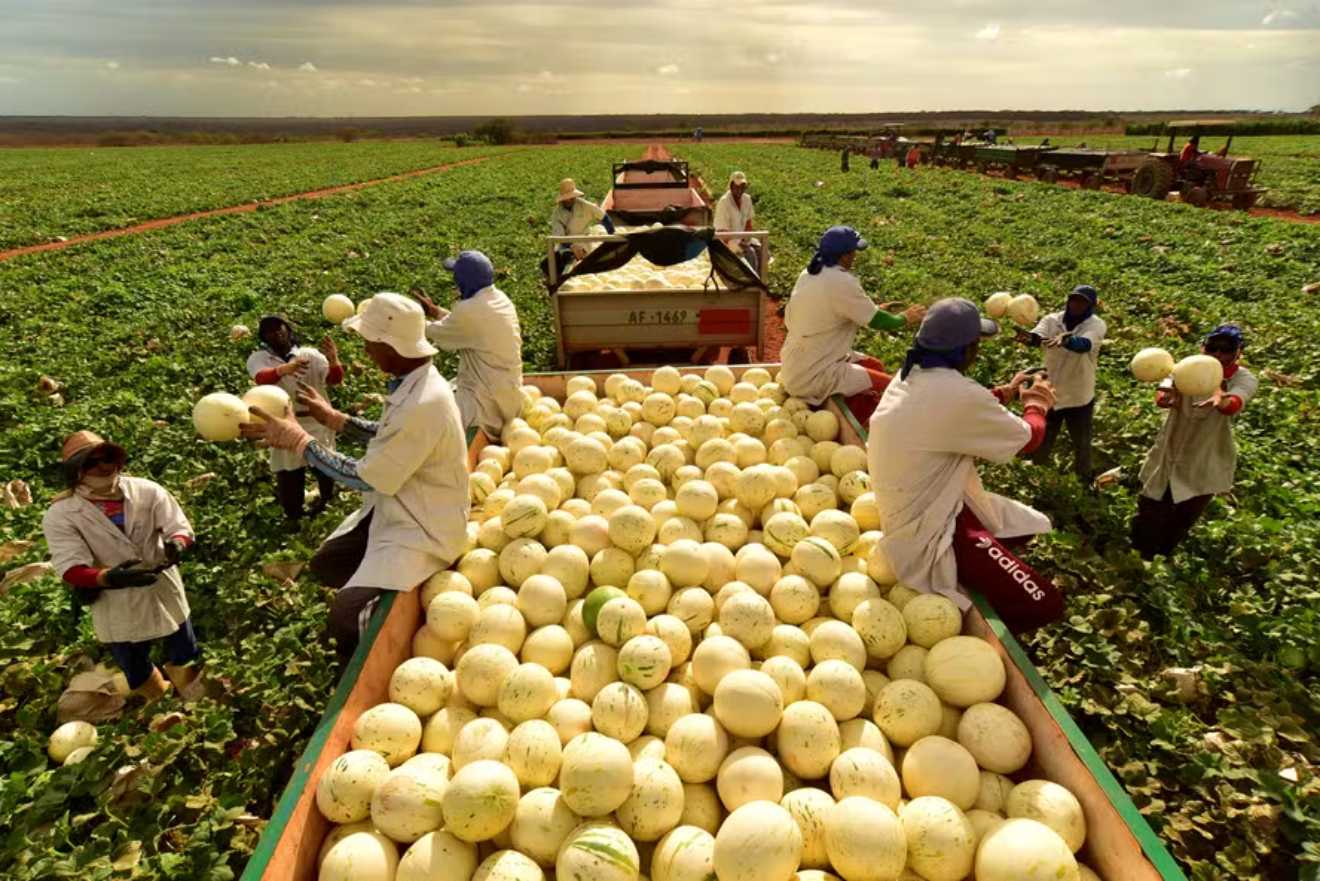Les Mousquetaires Follows Carrefour’s Lead, Highlighting France’s Opposition to the EU-Mercosur Trade Agreement
The pressure from French retailers to boycott meat from Brazil and Mercosur countries has intensified. After Carrefour’s decision on Wednesday, the Les Mousquetaires group, which owns two major retail chains, announced its support for the boycott on Thursday, November 21. This move marks another chapter in France’s resistance to the EU-Mercosur free trade agreement, which faces significant hurdles as French opposition grows. Beyond the stance of President Emmanuel Macron’s government, French agricultural producers have repeatedly protested against the agreement’s implementation.
Doubts Surrounding the Agreement’s Success
Experts consulted by Valor believe the agreement is unlikely to succeed. If not entirely abandoned, it may be implemented in a much-reduced form. While Brazilian diplomacy remains optimistic about concluding the deal by December, its approval depends on the unanimous consent of all EU member parliaments. Even with support from the European Commission, without France’s agreement, the economic clauses—which are central to the deal—cannot be applied.
Livio Ribeiro, a partner at BRCG and researcher at FGV IBRE, doubts the deal’s viability. He argues that Carrefour’s stance reflects broader resistance.
“The most significant opposition to the agreement comes from European, particularly French, agriculture. This boycott is another shot in that battle,” said Ribeiro.
He also highlighted that the agreement was designed for a global context that no longer exists, with shifts in taxation, trade wars, and rising protectionism.
France’s Political and Economic Context
The deal’s fragility is further emphasized by José Augusto de Castro, president of the Brazilian Foreign Trade Association (AEB), who attributes the uncertainty to global political changes, including Donald Trump’s election in the United States.
Lia Valls, a professor at UERJ, points out that while Trump’s presidency might push Europeans to strengthen multipolarity, France remains a dominant voice within the EU.
“Agriculture is a powerful force in French politics, and Macron faces low approval ratings. Whether other European countries are willing to challenge France over this issue remains uncertain,” said Valls.
Eduardo Menicucci, a professor at Fundação Dom Cabral, believes nations may increasingly favor bilateral treaties over bloc agreements, which could be more effective.
Retailers and Private Standards
Welber Barral, a former secretary of foreign trade, interprets Carrefour’s decision as both a publicity move for its local audience and a potential precedent for imposing private standards on Brazilian exporters. These standards could demand certifications related to environmental, social, and sanitary practices, complicating the export process.
“This is part of the negotiation game,” Barral stated.
Ongoing Protests
On Wednesday, November 20, Carrefour’s global president, Alexandre Bompard, announced the company’s decision to remove Mercosur meats from its product portfolio in France. The following day, European media reported that Les Mousquetaires, owner of Intermarché and Netto, had joined the boycott.
Protests from French farmers have escalated, with tractor blockades at access roads to the Bordeaux port, a major entry point for foreign products. According to the Coordination Rurale union, at least 85 protests were recorded nationwide on Monday.
Divergent Perspectives on the Agreement
While the EuroCommerce group—representing European supermarkets—has urged accelerated negotiations, arguing that the deal could address geopolitical instability and supply chain disruptions, Mercosur agricultural organizations criticized Carrefour’s decision.
The Federation of Rural Associations of Mercosur (FARM) labeled the boycott as “arbitrary, protectionist, and mistaken,” stating that it disregards the region’s high standards of sustainability and production quality.




